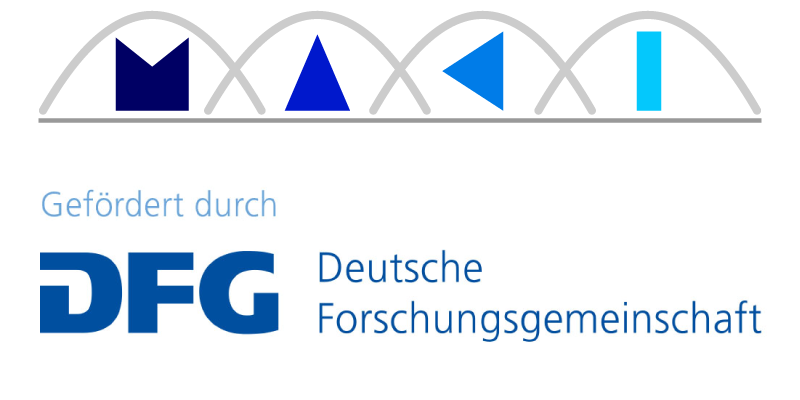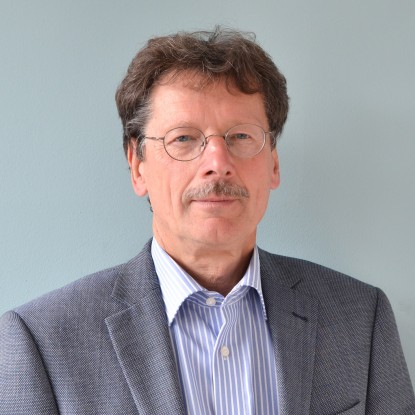| Vortragender | Dr. Alessandro Margara |
| Titel | Toward an intelligent event-based communication infrastructure: lessons learned and open challenges |
| Zeit | Mittwoch, 3. Juli 2013, 14.00 Uhr |
| Ort |
S3|19 5+6 (Cocoon-Räume) Rundeturmstr. 12, 64283 Darmstadt |
| Abstract | |
|
Over the last years, the event-based ommunication paradigm has received increasing attention. Thanks to its flexibility, it represents an ideal solution to support the interaction of software components in large scale and highly dynamic environments. The latest evolution of the event-based communication style is represented by Complex Event Processing (CEP) systems. They implement an „intelligent“ communication infrastructure that is capable of automatically identifying high-level situations of interest starting from the observation of low-level events, based on some user-defined derivation rules. This talk will briefly analyze the current state of the art in CEP to identify the main requirements and open issues. We focus on two of them, namely expressiveness of the rule definition language and efficiency of the event processing algorithm, and present our vision and the lessons we learned while developing our own CEP middleware, T-Rex. T-Rex adopts a declarative, logic-based rule language and implements efficient algorithms that exploit parallel hardware (both multi-core CPUs and GPUs) to increase performance. |
|
| Bio | |
|
Alessandro Margara is currently a post-doctoral researcher in the High Performance Distributed Computing group, at the Vrije Universiteit of Amsterdam. He previously worked as a PhD student and post-doctoral researcher in the DeepSE Group at Politecnico di Milano. In 2012, he received his PhD from Politecnico di Milano, with laude. His main research interests are in the area of Distributed Systems and, more in particular, Event-Based Middleware. During his PhD studies, he focused on the definition of a Complex Event Processing middleware, with focus on event definition language expressiveness and ease of use, processing algorithm efficiency, and system scalability. As part of the high performance distributed computing group at the Vrije Universiteit of Amsterdam, he is currently involved in a new research project that aim at extending the technologies for Semantic Web to capture dynamic, frequently changing information. See also here. |
|
SFB 1053 MAKI

Dr. Alessandro Margara
Dr. Alessandro Margara



